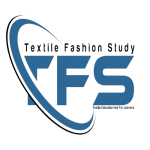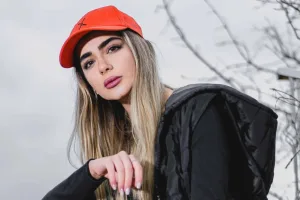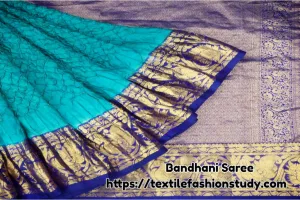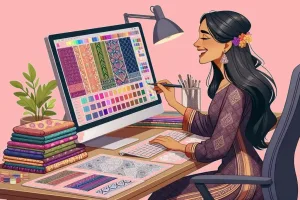Table of Contents
Woven Dyeing Factory in Bangladesh
Woven dyeing is the process of dyeing woven fabric for making changes to the fabric’s outlook depending on the consumer’s interest. However, it is known that the economy of Bangladesh is accelerated by the textile sector. This sector contributes to the GDP as well as employing a large portion of the country’s workforce. There are different branches of the textile sector. Among all of the textile sectors, woven dyeing plays a vital role in the economic development of Bangladesh.
The textile industry is a fast-growing sector in Bangladesh. As a part of the textile sector, woven dyeing also grows in different parts of the country. The woven dyeing industries are supplying fabrics and garments to various international brands and retailers. Basically, it is an export-oriented sector and it exports fabrics to different international markets including Europe, North America, and other Asian countries.
Woven dyeing industries are adopting modern and advanced technologies for the process. As a result, it increases the efficiency of the process and also reduces water and energy consumption. It also maintained different compliance with international quality standards. Most of the factories are trying to meet international standards and certifications by implementing eco-friendly dyeing processes, wastewater treatment systems, and responsible labor practices.
Woven dyeing is a massive sector for the employment of skilled and unskilled labor. The textile dyeing industry sector takes part in the reduction of unemployment and gives the opportunity to live a better life.
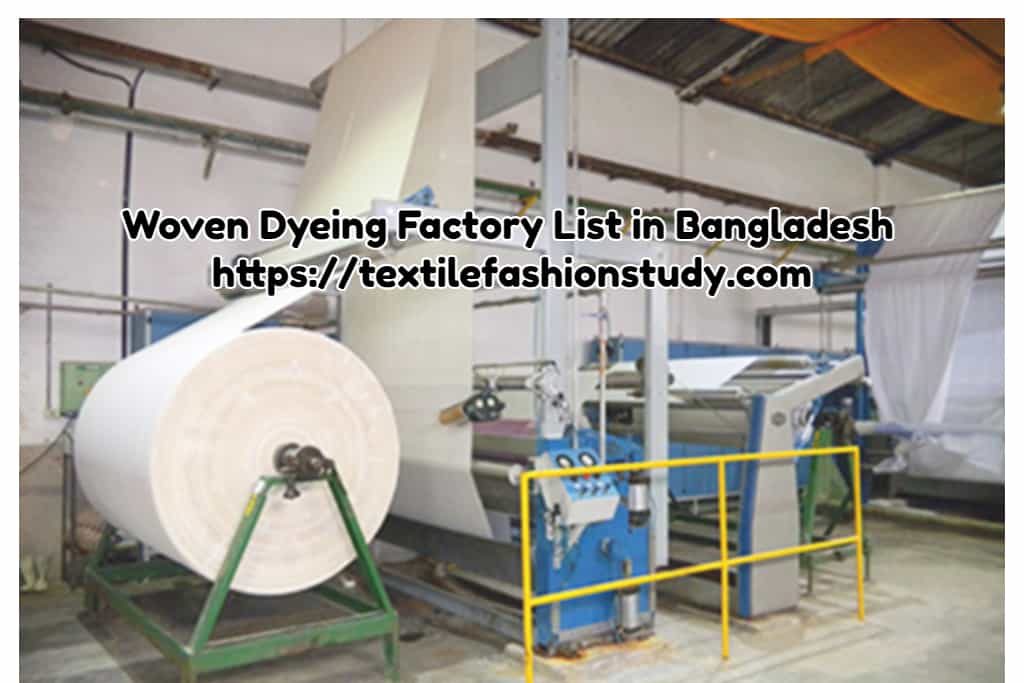
Woven Dyeing Process
The woven dyeing process is different from the knit dyeing process. Basically, the Jigger dyeing machine is used in the woven fabric dyeing process. Woven dyeing is a step-by-step process. The following process is involved in the woven fabric dyeing and printing process. This process is done in the following way. They are-
↓
Greige Fabric
↓
Singeing
↓
Desizing
↓
↓
Bleaching
↓
↓
↓
Washing/Drying
↓
Heat Setting
↓
Inspection
↓
Printing
↓
Steaming
↓
↓
Drying
↓
Heat Setting
↓
Finishing (Pre-shrinkage)
↓
Finished Fabrics
↓
In sum, different dyes and chemicals are used during the woven dyeing process. During this process, various quality standards are checked for ensuring international standards. Quality checking is a continuous process during dyeing. When the dyeing process is done with various dyes and chemical applications so it needs to take in mind environmental safety, the wastewater should be treated after the dyeing process. Effluent treatment is a must for the environment and eco safety. The government should implement regulations and policies related to textile dyeing. The management should take the initiative to ensure health and safety standards in the workplace.
Woven Dyeing Factory List in Bangladesh
Woven-dyed fabrics have different uses in our daily life. Traditionally, woven dyed fabrics are used in clothing besides this it is also used in raw material for structural, electronic, telecommunications, medical, aerospace, and other technical application fields.
Woven dyeing factories are localized in Dhaka, Chattogram, Narayangong, Savar, Gazipur, Valuka, Norshingdi, Cumilla, and other parts of the country. Most of the factories have modern machinery and equipment used for dyeing processes. Besides this, the manufacturers also set up water treatment and recycling systems in their industry. However, it needs to ensure uninterrupted power supply and backup arrangements. It needs to take into concern the transportation and logistics facilities of the factory.
The followings are the list of woven dyeing factory in Bangladesh. They are-
- Zaber & Zubair Textile Mills Ltd.
- Unimax Textile Mills Ltd.
- Sanaja Fabrics Ltd.
- Zaber & Zubair Fabric Ltd (Noman Group)
- HH Textile Mills Ltd.
- Thermax Textile Mills Ltd.
- ACS Textile Mills Ltd.
- Tithi Textile Mills Ltd.
- Paramount Textile plc.
- Hussain Dyeing Ltd.
- Hamid Fabric Ltd.
- Asian Textile Mills Ltd.
- Home Textile Mills Ltd.(Apex)
- Sim Fabrics Ltd.
- Sinha Dyeing & Finishing Ltd.
- Well textile Chittagong
- Unifilltex Group,
- NZ Textile.
- Rahim Textile Mills Ltd.
- Heaven Textile Mills Ltd.
- Nahid Textile Ltd Sylhet
- South China bleaching & dyeing factory
- Silver line group
- Experience Textile
- Monno Textile Mills Ltd.
- Mahmud Fabrics & Finishing Mills
- Unilliance Textile Mills Ltd.
- Regent Textile Mills Ltd.
- SunMan Textile Mills Ltd.
- Mithila Textile Mills Ltd.
- Akiz Textile Mills Ltd.
- Padma Bleaching Mills Ltd.
- Saad Musa Textile Mills Ltd.
- Ismail Anzumara Textile Mills Ltd
- Unicom Textile Mills Ltd.
- Nice processing -1
- Nice processing -2
- Sad textile ltd
- Talha tex pro ltd (Noman group)
- Fatullah Fabrics Ltd.
- Jony textile (Jony print)
- Chadni Textile (Shyampur)
- Siraj Dyeing
- Dhaka dyeing (Tongi)
- Lithun fabrics
- Unilon Textile
- Unicom Textile
- Tania Textile( Madhobdi)
- Pakija Textile
- R K Textile
- Syntex Textile
- Intramex Textile
- Evince textiles ltd.
- Bhuyan Textile ltd
- Hamim Textile Ltd.
- Infinia Textile Ltd Chittagong
- Horraine hi tech Sylhet
- Sha Amanat Textile
- Mom tex2
In the above, this list is not set up by the performance of the industry. This is a simple list of woven dyeing factories. If any company’s name is missing from the list please let us know with details, and we will update the list.
The management of the industry should be concerned about human resources development. They should ensure industrial compliance regarding the employee and labor. The task of each employee should be concise. Different training and development programs should be arranged by the management. Besides this health and safety training is essential for each of the employees. The management should give legal benefits to their employee.
The woven dyeing business should be done by ensuring environmental sustainability. The management must take essential measures for effluent treatment and pollution control. It needs to adoption of eco-friendly dyes and chemicals in the process.
The woven dyeing industry earns foreign currency by exporting its product to the international market so; the government should provide support and incentives to promote its growth. The government should make policies aimed at attracting foreign investment, infrastructure development, and skill enhancement to further boost the industry.
In sum, the woven fabric dyeing industry plays a vital role in the economy of Bangladesh. It is a vital component of the textile sector. The demand for dyed woven fabrics is increasing in the global market. So, it needs to grow by maintaining compliance with international standards. The management should focus on quality product production by maintaining different quality standards.
So, one can dye woven fabrics in the woven dyeing factories in Bangladesh.
